At present, Asian PET bottle-slice makers are struggling with rising raw material costs and increasingly weak market demand. A manufacturer in Northeast Asia said that since the PET bottle-level slicing business had not encountered a worse situation than it is at present for seven years.
Due to the impact of the winter in the northern hemisphere, the demand for bottled beverages has declined, and the PET bottle-slicing market has weakened. Most producers say that this predictable seasonal demand can be sustained in the off-season, but the exceptionally firm prices of refined terephthalic acid and ethylene glycol raw materials have recently been unexpected.
In early September, the Asian ethylene glycol price rose to US$1,336 (tonne price, the same below, CFR, China, letter of credit for 90 days), setting a new high for 44 months. The firmness of ethylene glycol prices was mainly supported by the supply shortage from Taiwan, China. At the same time, the price of refined terephthalic acid reached 1363 U.S. dollars (CFR, China, letter of credit for 90 days), and the firmness of the price of this product stems from the rise in the price of raw material p-xylene. Based on this price, the break-even point for PET production is US$ 1,776.42.
Most of the Korean manufacturers currently offer September PET bottle-grade chips for $1,760 (FOB, Korea), which is lower than the cost of production. KP Chemicals even reported a low price of $1,730. KP Chemicals has two PET bottle-level slicing units in Ulsan with a combined capacity of 440,000 metric tons per year. The company said that customers are not even willing to accept the price of US$1,700 (FOB, South Korea), so it is meaningless to quote a price of US$1,750-1,760.
In this market environment, some manufacturers have no choice but to reduce production. A South Korean manufacturer of PET bottle grade chips said that due to the market downturn, the market outlook will reduce production. Jiangsu Sanfangxiang, a large Chinese manufacturer of PET bottle grade chips, lowered its operating rate of PET continuous polymerization line in Jiangyin to 90% in late August and further reduced it to 75% in early September. Sanfang Lane has a PET bottle-level slicing capacity of 1.2 million tons/year and operates 7 production lines in Jiangyin, Jiangsu Province, of which 5 production lines have a designed capacity of 200,000 tons/year and the other two production lines have a design capacity of 100,000 tons. /year. According to a person familiar with the company, when the company raises its output, it is still not clear which will depend on market conditions, including raw material costs.
OEM Brass Forging Parts
| Description: | Brass Forging |
| Material: | Forged brass C37700 or CW617 |
| Process: | Hot Forging, lathe machining |
| Finish: | sand blasting |
| Key tolerance: | +/-0.10mm |
| Application: | plumbing fittings |
| Origin: | China |
| Note: | Above item is for your reference only, not for sale; We only produce custom parts per customer's drawing or sample |
Our forging plant has large-scale forging machines of 10 sets including one 4000 tons free forging hydraulic press. We have more than 50 high qualified technicians. Our forging scope limit is 1-40000 kg and our production capacity is 8000 tons a year. The application material includes all iron, steel, alloy steel, stainless steel, hear-resisting alloy steel, duplex stainless steel and other special materials.
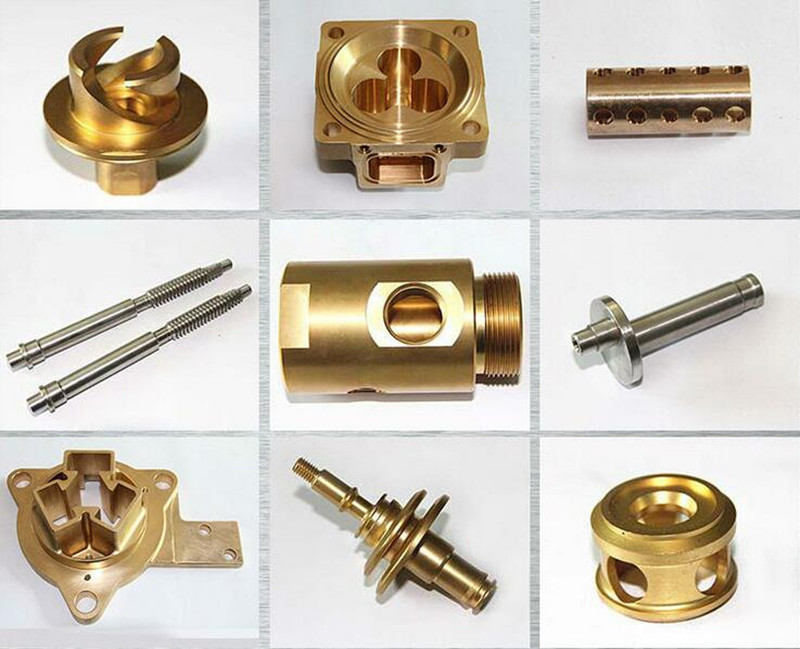
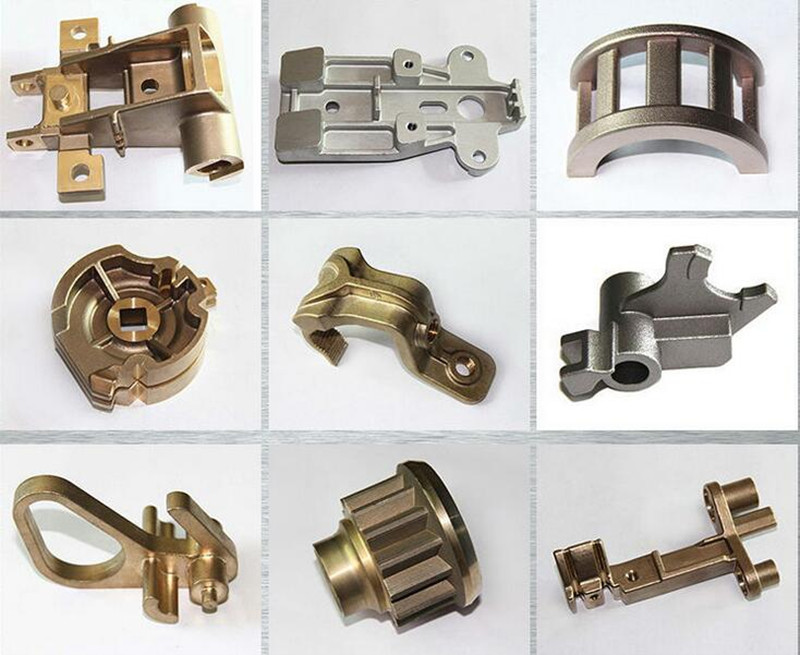
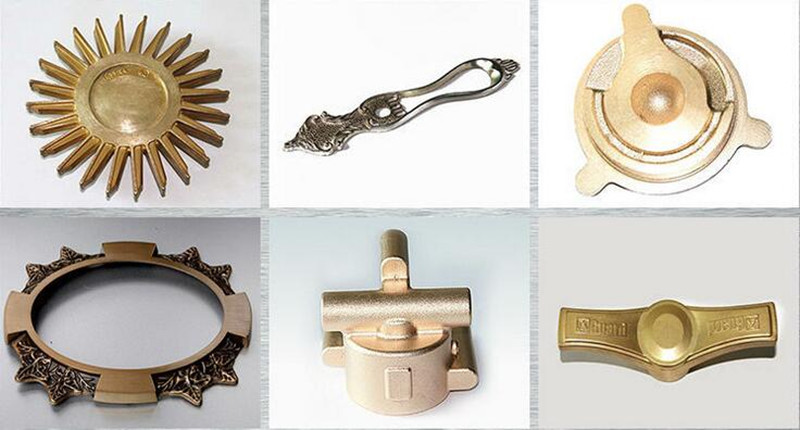
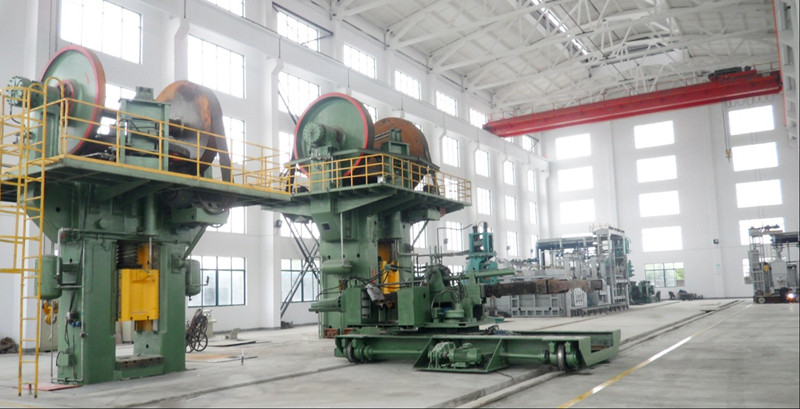
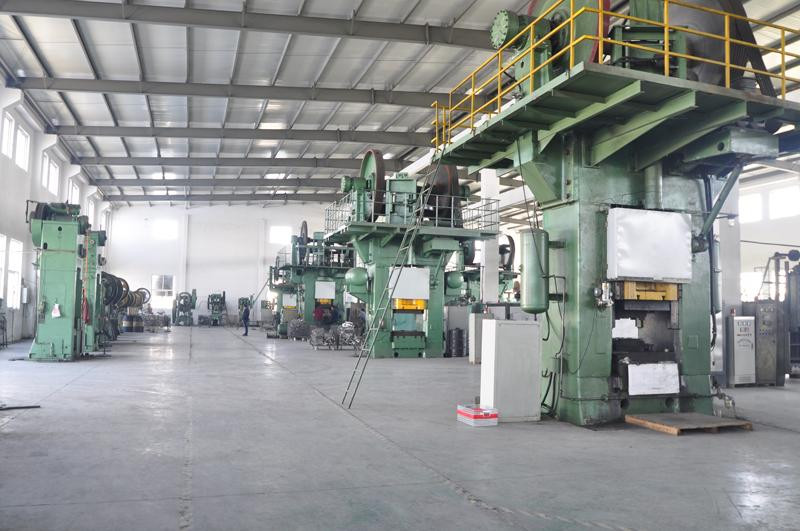
Brass Forging
Brass Forging,Brass Forged Fitting,Brass Long Forged,Forged Pipe Fittings
Hebei Mingda International Trading Co.,Ltd , http://www.mingdacasting.com